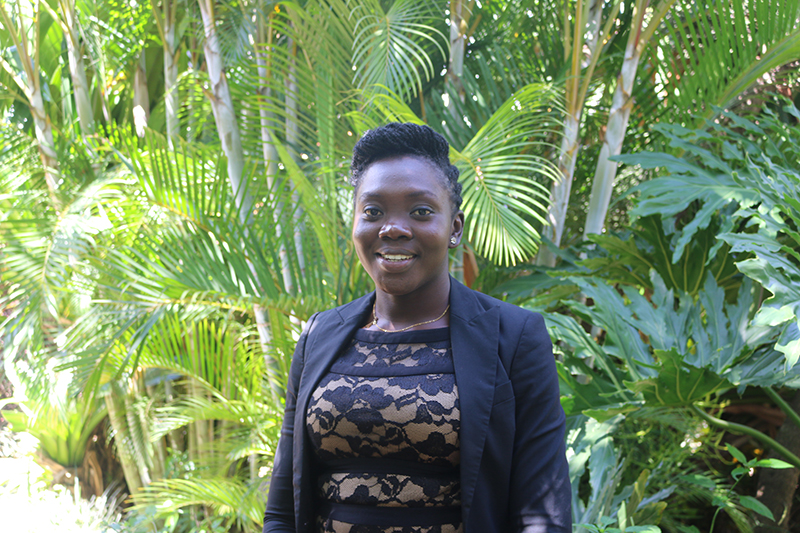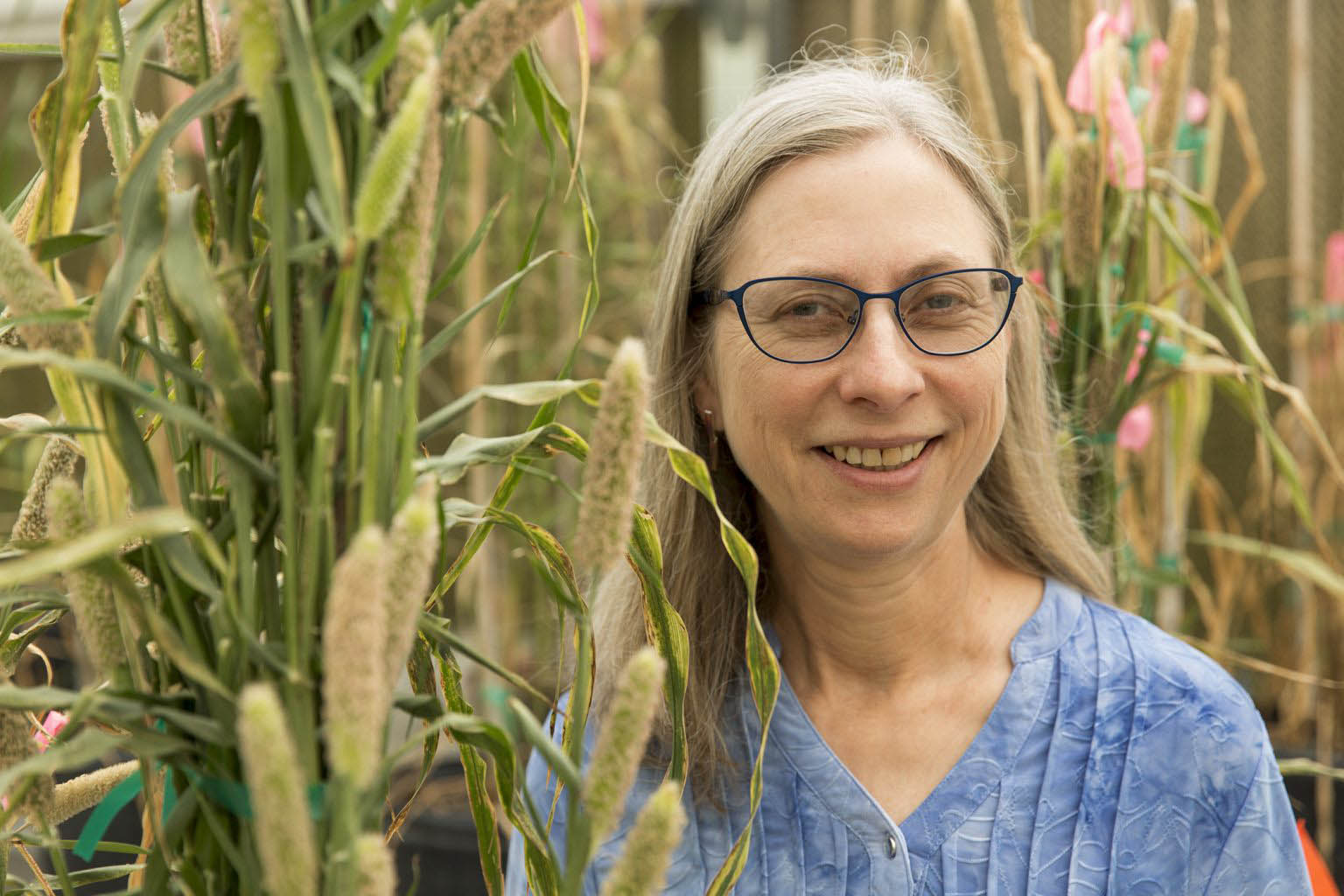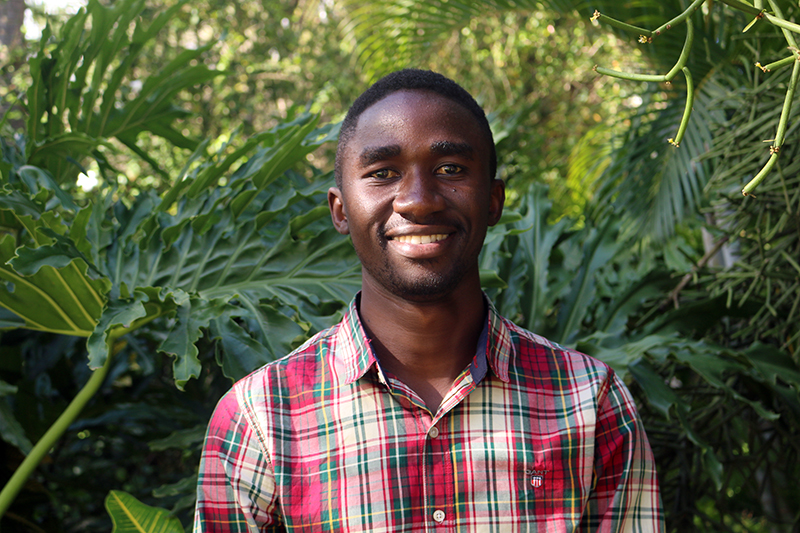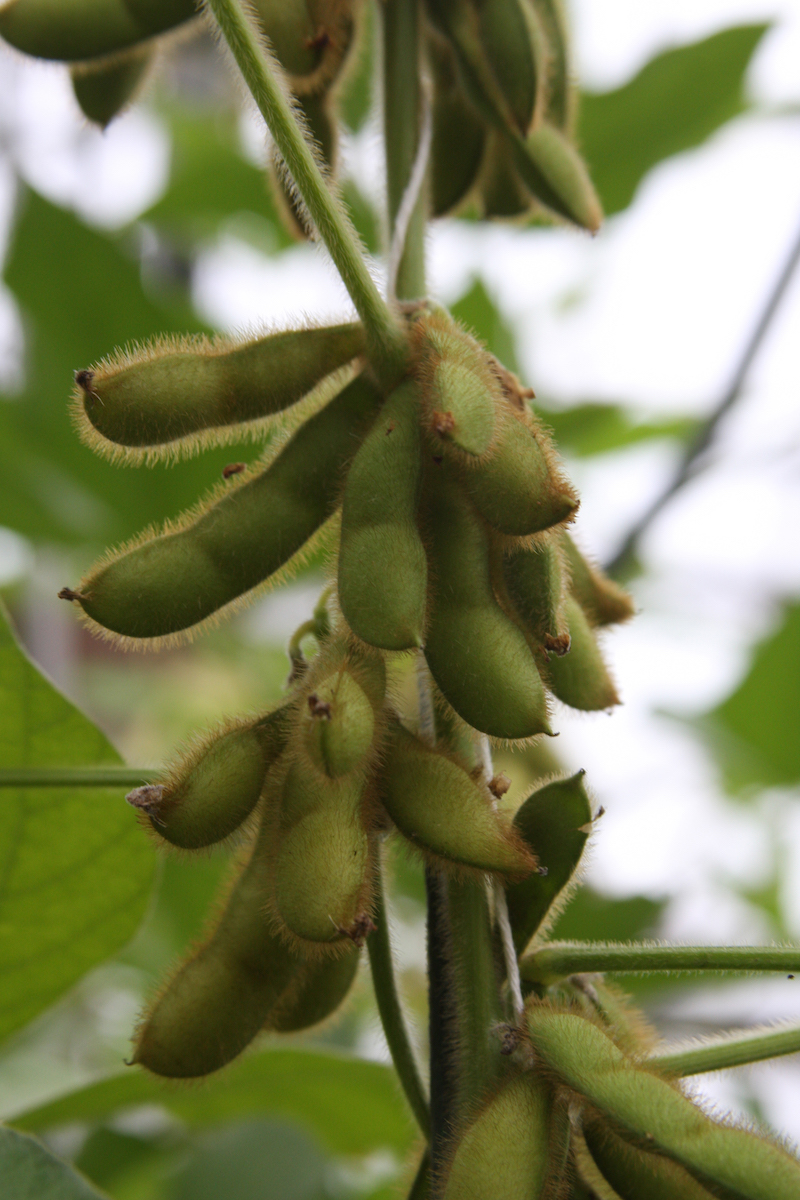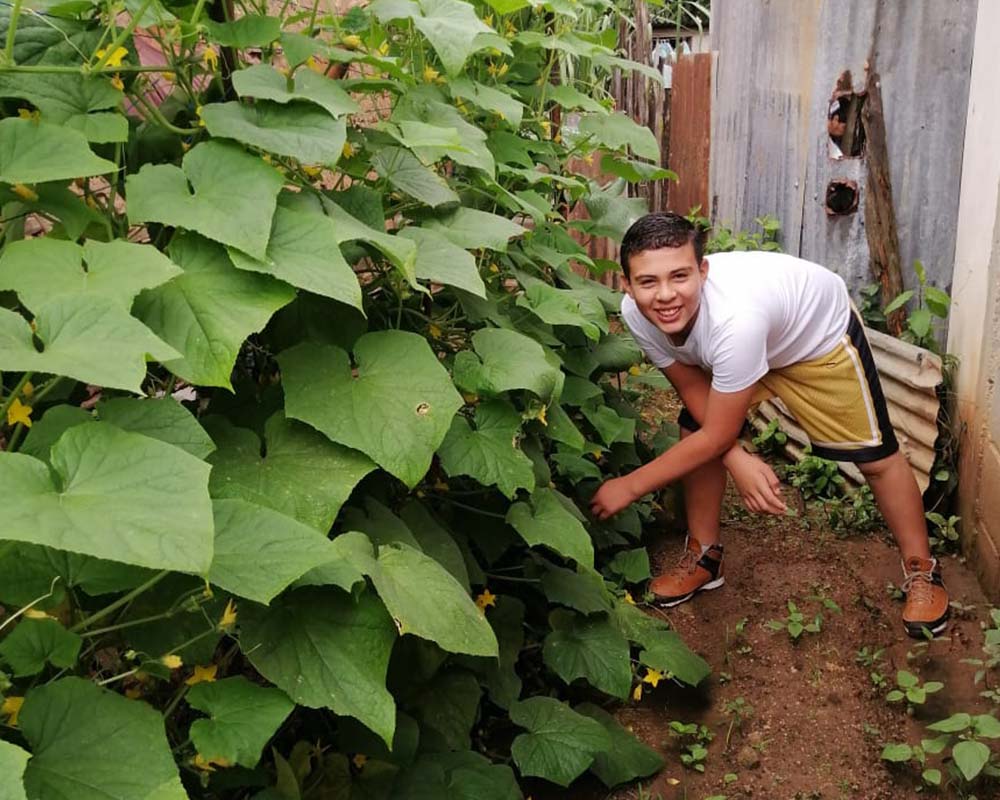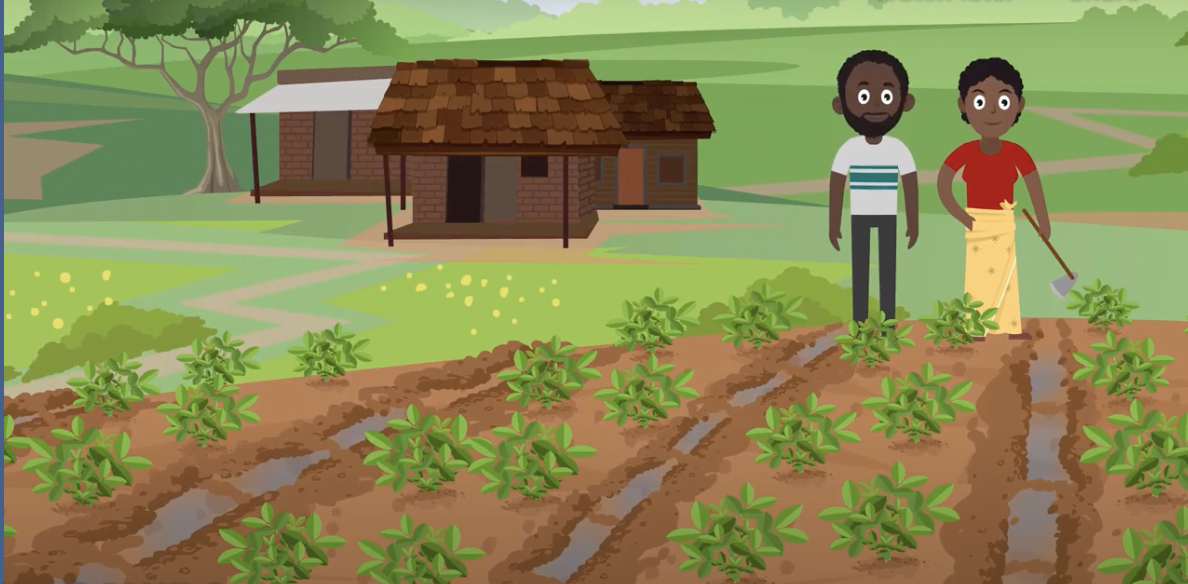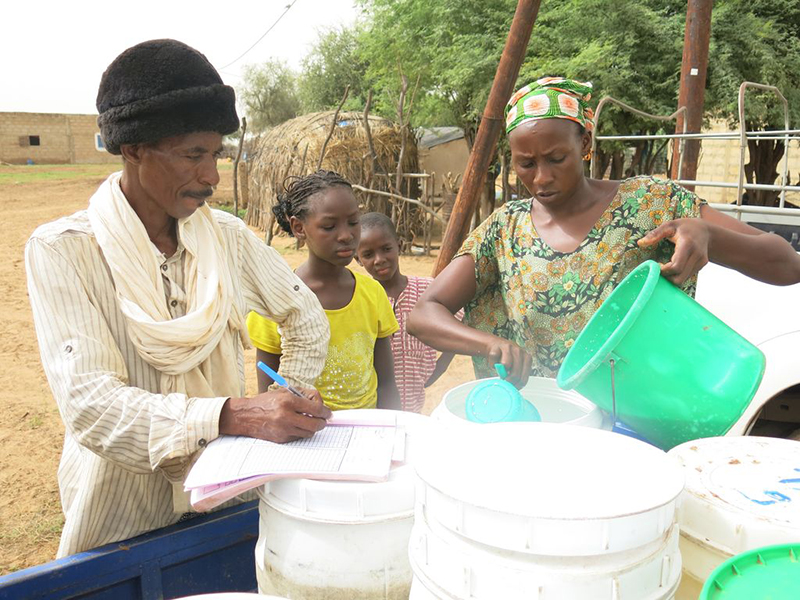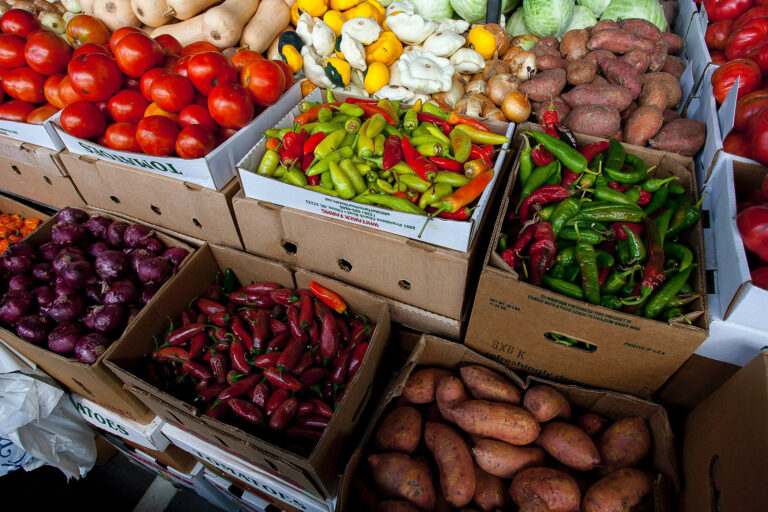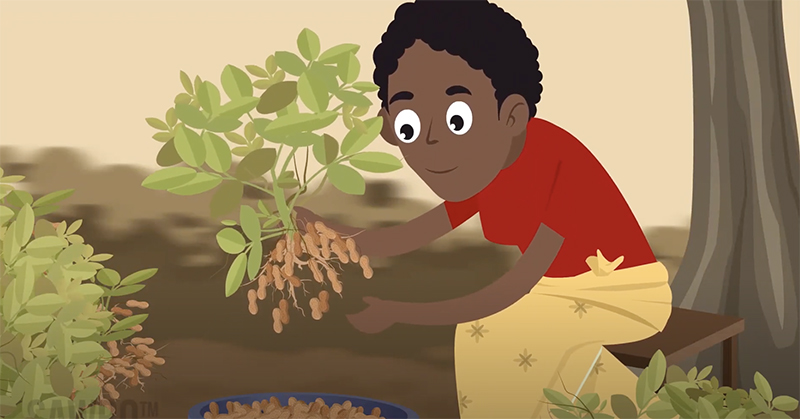 CAES News
CAES News
Groundnut animation
The Peanut Innovation Lab has posted the second in a pair of animations giving farmers valuable advice on growing groundnut. This edition focuses on late-season information related to harvest and storage, and might be shown together with the first animation or separately. The animations, produced by Scientific Animations Without Borders (SAWBO), relay to smallholder farmers proven methods to protect and improve yield. The message of the videos was shaped through interviews and surveys with partners in Africa to ensure that the information is prioritized to have the most impact.

